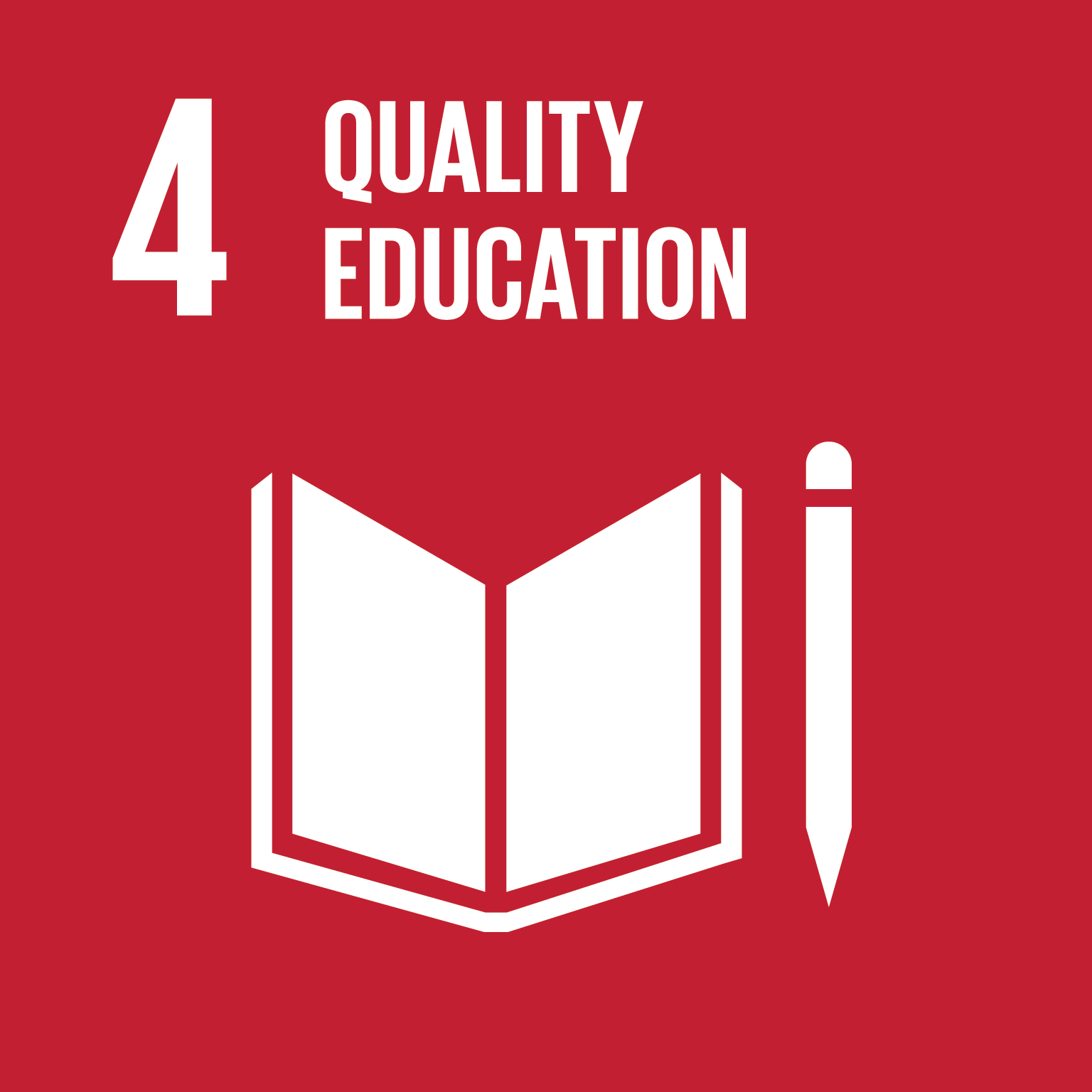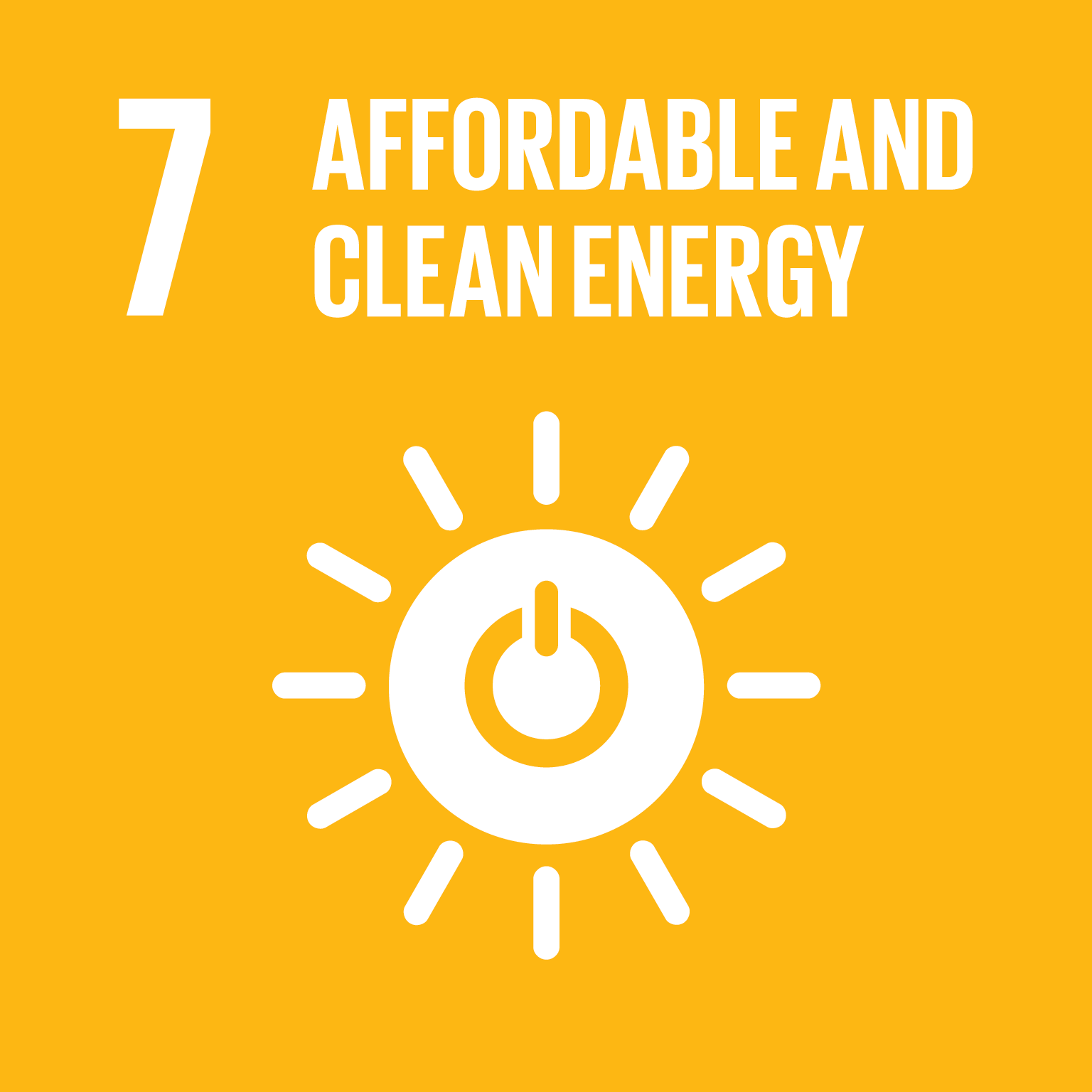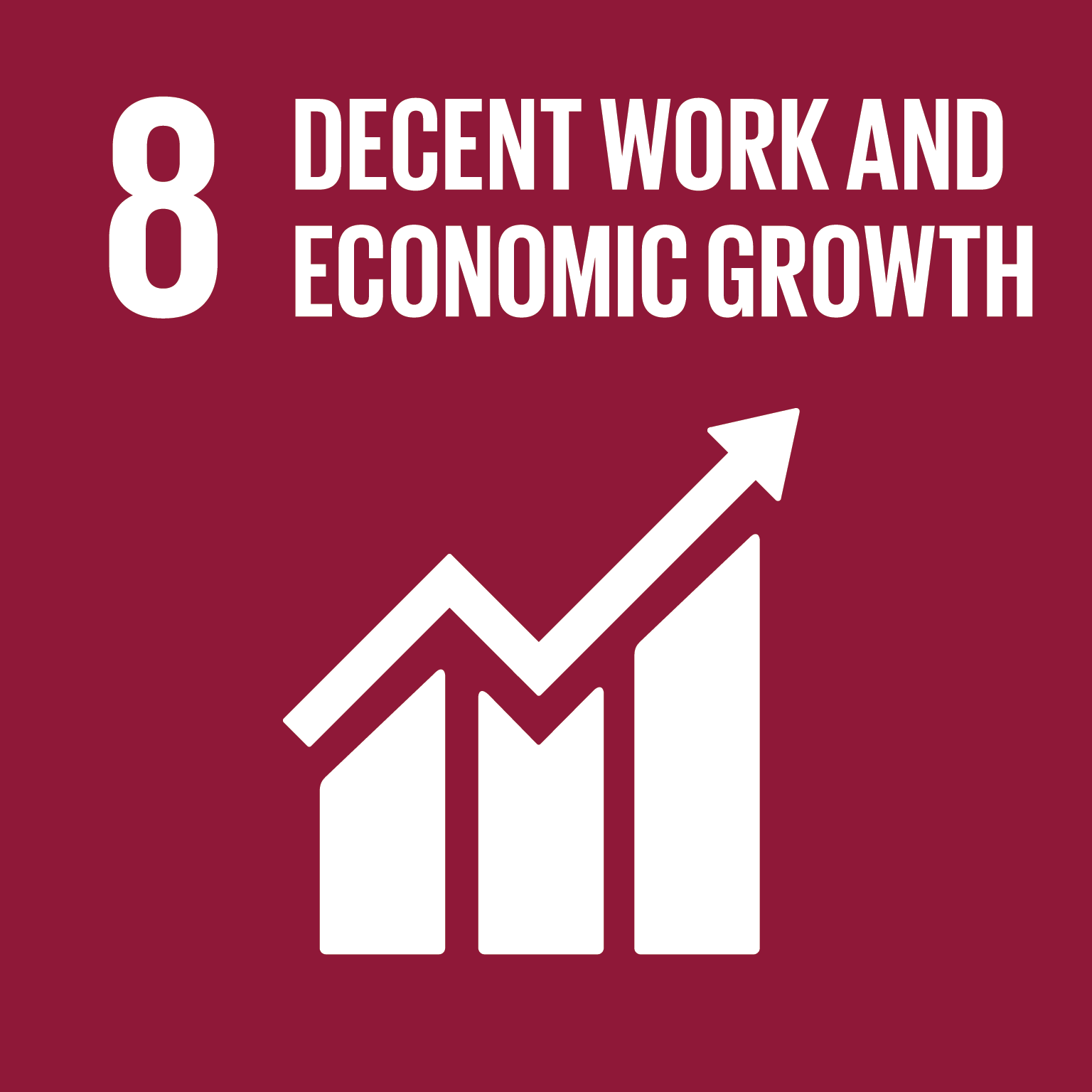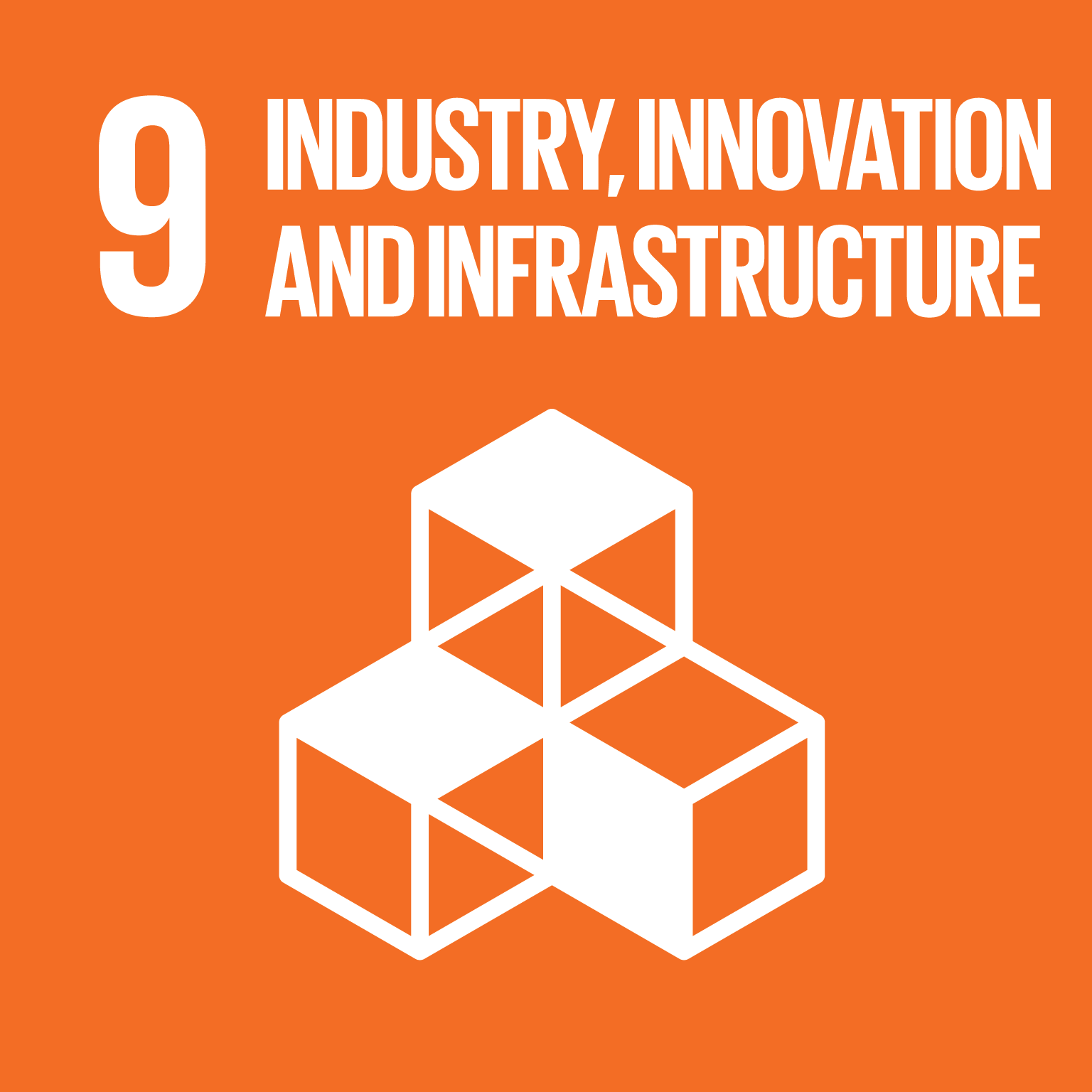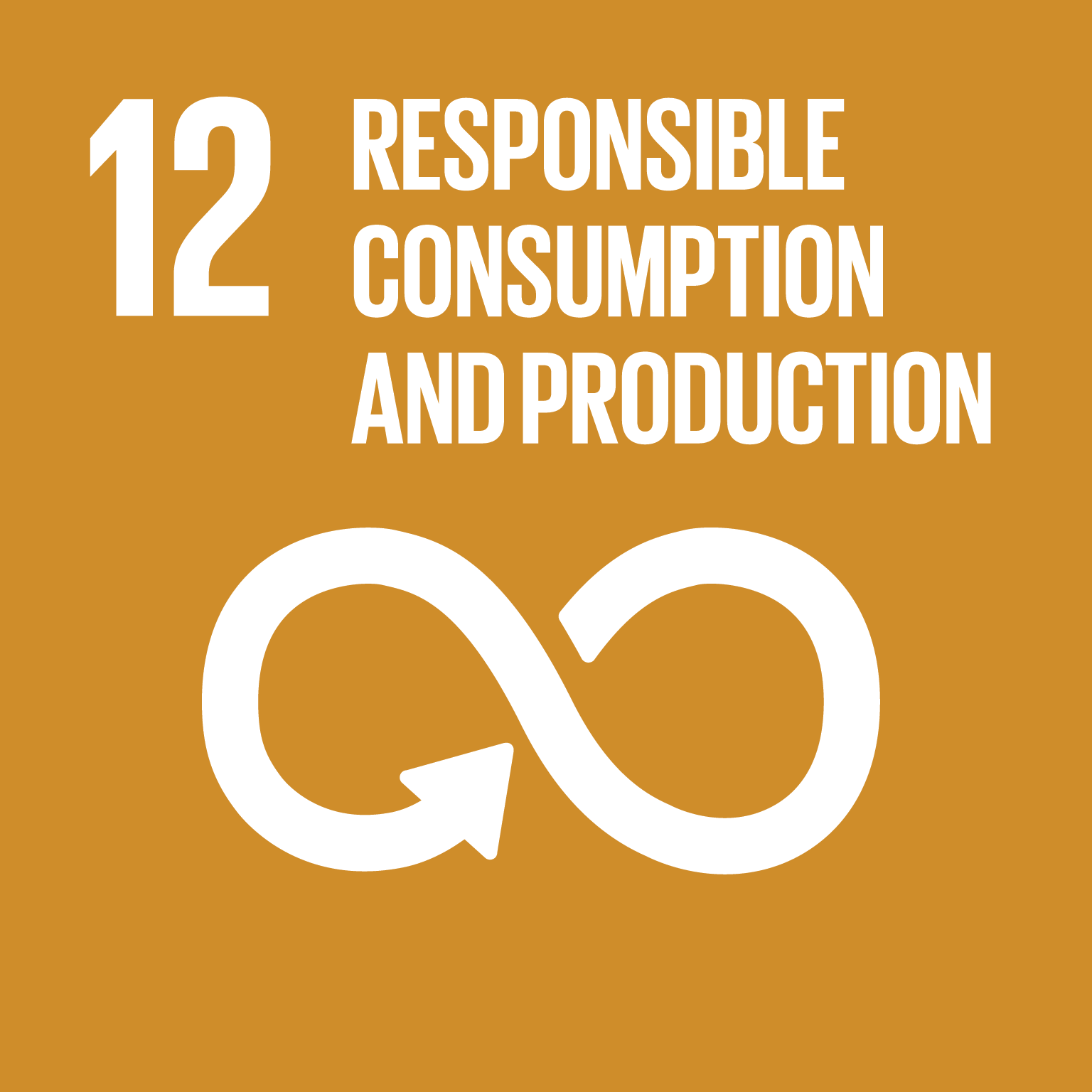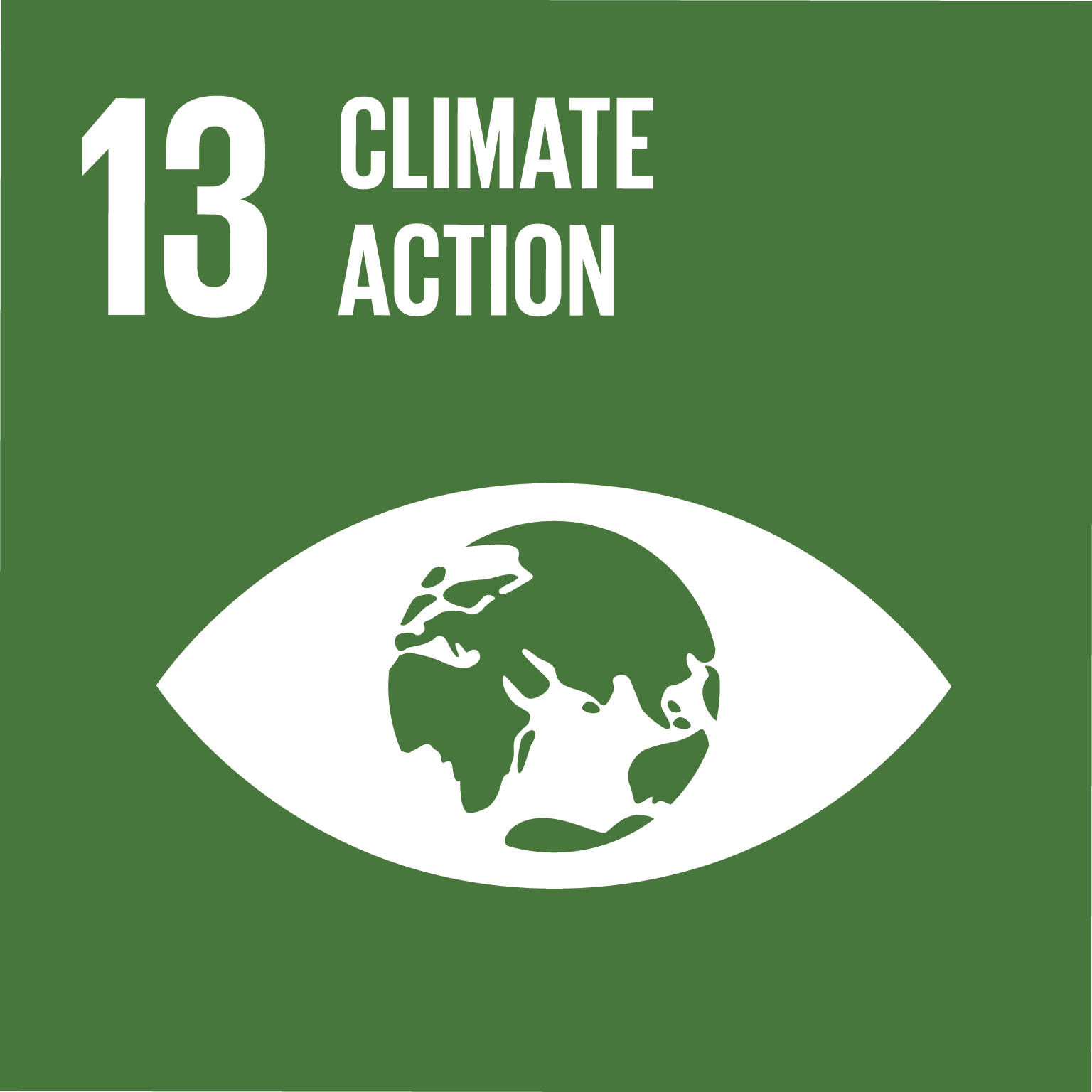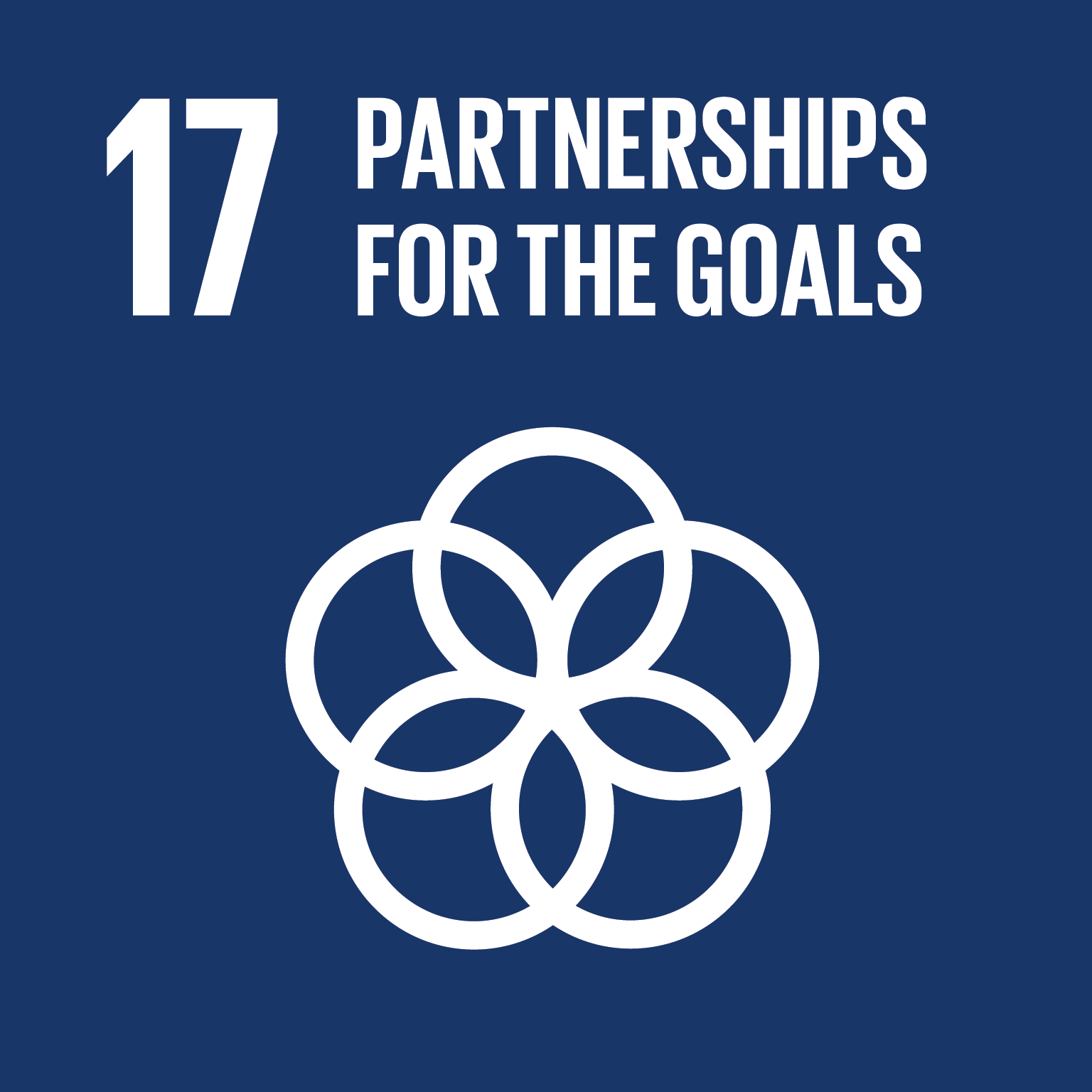The Greenhouse and Sustainability Program (GSP) connects multi-disciplined Honours and Masters students with industry partners in real-world problem solving.
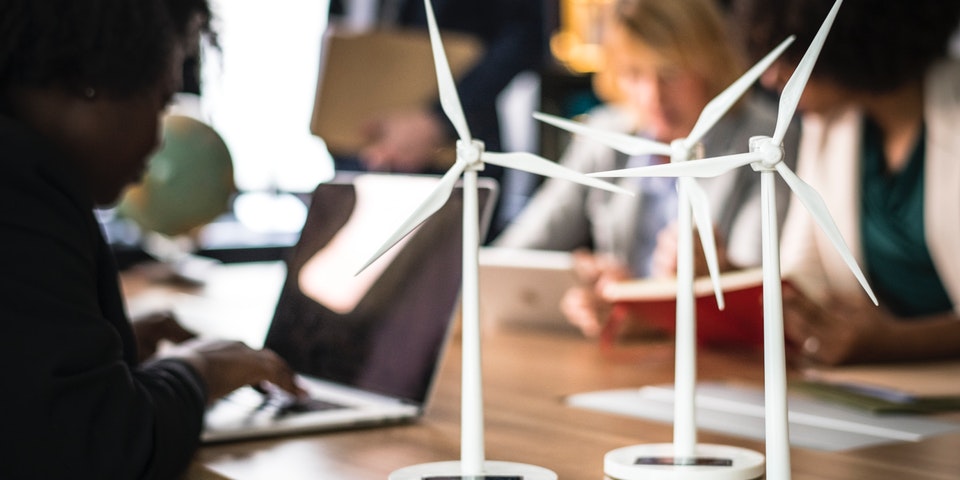
The Greenhouse and Sustainability Program (GSP) connects multi-disciplined Honours and Masters students with industry partners in real-world problem solving. Typically focussed on sustainability issues/problems, e.g. waste management, energy efficiency, clean energy, urban design/planning, sustainable infrastructure, sustainable practices. Industry partners include local government, state government agencies, private companies, and NGOs. Projects are located within Australia and internationally (Asia Pacific), and are implemented in one or two semesters depending on the requirements of the project (i.e. over a period of 4-6 or 6-12 months).

Project timeline: 2006 - ongoing
Key contributors: Marcos Anastassiou, Nina Nguyen, Belinda Kennedy
Find out more: Greenhouse and Sustainability Program website
